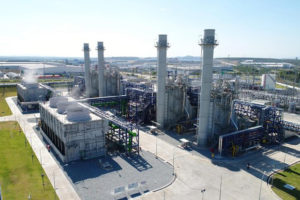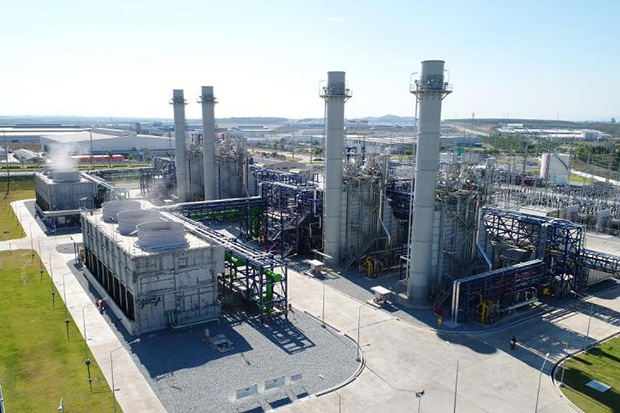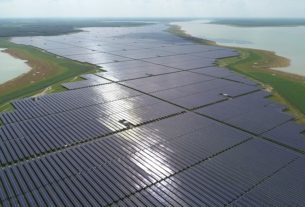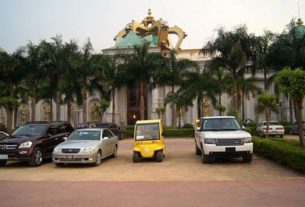
No need for Government’s energy sector priority in Thailand
BANGKOK POST EDITORIAL COLUMN
In an attempt to bring the country out of the economic slump caused by Covid-19, the Prayut Chan-o-cha government is doing what any other government would do: injecting money into the system through economic stimulus packages.
What is strange, however, is the way the government is prioritising the energy sector. Deputy Prime Minister Somkid Jatusripitak is to propose to the cabinet today the 30-billion-baht “Energy for All” plan, which encourages communities to co-invest with the private sector in renewable energy-based power plants to produce 100 megawatts of electricity.
It is part of an energy development scheme worth 230 billion baht that Mr Somkid wants officials to use quickly. A big windfall — 200 billion baht — is to go to two key state enterprises, the Electricity Generating Authority of Thailand (Egat) and national oil-and-gas firm PTT Plc, which have been tasked with carrying out a range of projects, including grid modernisation and connectivity, development of liquefied natural gas receiving terminals, and the decommissioning of gas production rigs in the Gulf of Thailand.
On the surface, the Energy for All plan looks attractive. The budget is the second allocation from the ministry’s financial package set up to relieve the impact of the coronavirus on the economy. An earlier subsidy, which lowered monthly power bills from March to May, had helped those struggling with increased living costs during the lockdown and work-from-home period.
In total, the government has spent 40.5 billion baht through the Provincial Electricity Authority and the Metropolitan Electricity Authority.
Separately, Energy Minister Sontirat Sontijirawong said Energy for All is designed to further help rural people by encouraging them to earn money by selling their agricultural waste as fuel for electricity production.
If the plan gains cabinet approval, authorities will kickstart a process to select investors by the Energy Regulatory Commission, and the first licence for a power plant under the scheme is likely to be awarded in August. And there will certainly be more than one plant.
The energy minister previously told the media he hoped this project would create jobs for “at least 10,000 people and generate over 2 billion baht in revenue”. The promise of jobs and such high revenues would indeed help sell the project. Yet, there is one crucial question that Mr Somkid and the energy minister are obliged to explain: Does the country really need more power plants?
If Mr Somkid and Mr Sontirat insist this is the case, they should look at energy reports which show demand is declining in the wake of the stuttering economy.
During the work from home and lockdown period, power demand in Thailand dropped by 7-8% and reserves rose by over 35%. The country’s energy reserves are unrealistically high, even for years to come.
With lower demand, the government had previously said it wanted to delay the commercial operation dates (COD) of small power producer (SPP) plants.
More importantly, some critics say that when the Energy for All plan is carried out, the benefits will go to big investors, not communities as claimed by Mr Somkid and the energy minister.
The cabinet must look at the plan thoroughly and not be enticed by figures that could be illusory.
Yes, the country needs money in the system to reinvigorate the economy. But the government must ensure that the money is used wisely, and the spending is done with accountability and transparency — something which the Energy for All plan plainly lacks.
Source: https://www.bangkokpost.com/opinion/opinion/1943140/no-need-for-power-priority



